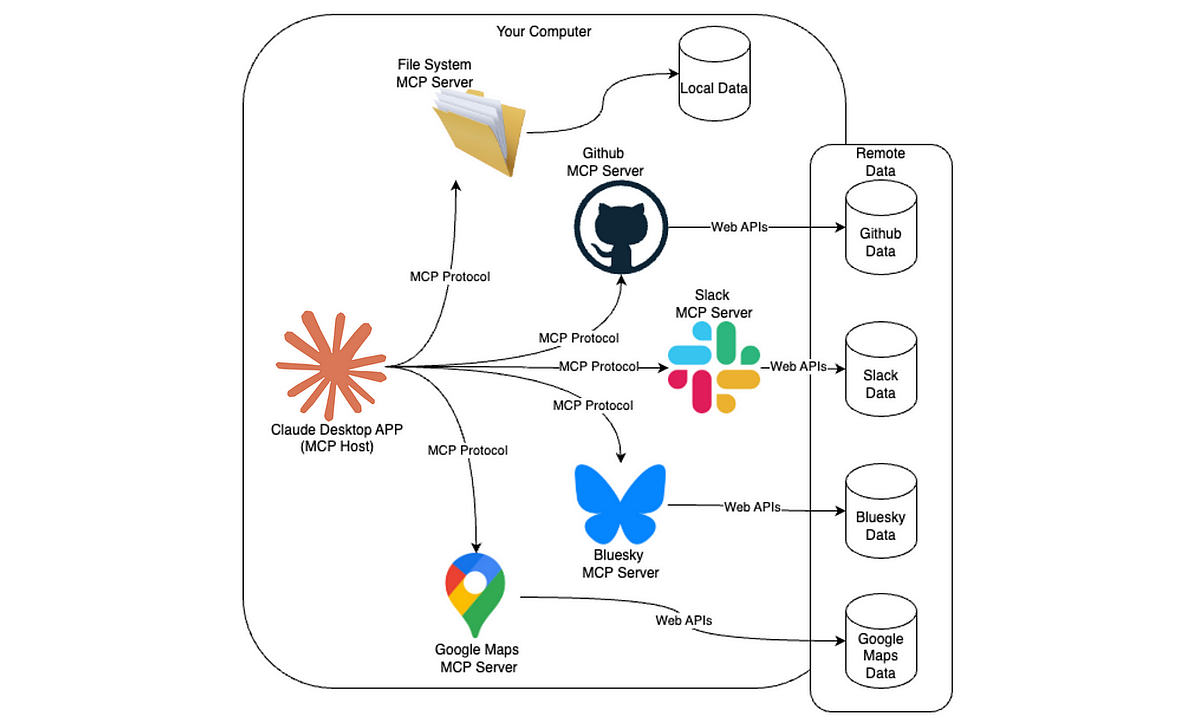When to Consider Introducing a White Label Partner
Share now

The term “White Label” was coined in the early 1970s. It details the use of blank or ” white labels” on the packaging of a product that the marketer could attach their brand to. This usually indicates that the products are manufactured en masse by a third party and then retailed. So what does that mean for a white-label partnership? A white-label partnership describes the process or agreement. It involves one company (the manufacturer) creating a product or service and then licensing it to another company (the white labeler) for rebranding and resale under their own brand name.
But when is the right time to consider introducing a white-label partner?
We’re glad you asked. In this article, 8 Figure Agency will break down for you when it’s optimal to get into a white-label partnership. But first, we’ll explain why white-label services can help you actualize 8-figure revenues through better operation, fulfillment, and management.
Importance of Strategic Business Alliances
Strategic business alliances, like partnering with a white-label service provider, can drive growth in your company’s brand by leveraging the strengths of target market expansion, revenue growth , cost reduction, and enhanced expertise. With a successful white-label partnership, the manufacturer handles production and quality assurance, while the white-label partner purchases the product, rebrands it, and distributes it through their network.
This setup offers mutual benefits. The manufacturer gains wider distribution, while the white label partner expands offerings without extensive development costs. White labeling enables faster market entry, reduced investment in research and production, and scalability in expanding offerings without a significant increase in internal resources.
Understanding White Label Partnerships
Successful white-label partnerships can offer a strategic way for businesses to expand their products and services.
Types of White Label Partnerships
White labeling has to be tailored to the partners involved. Here are the two main types of white-label partnerships:
- Product White Labeling: This involves physical products. A manufacturer creates a product and sells it to multiple white labelers who then brand and resell it under their names.
Example: A clothing manufacturer produces a t-shirt design. They sell this design to various clothing brands who each add their logo and label before selling it in their stores.
- Service White Labeling: This focuses on intangible products like software, marketing campaigns, or consulting services. A service provider develops the core service and then licenses it to white-label partners who can customize it to fit their specific client needs and then resell it under their own brand.
Example: A marketing agency creates a social media management program. They offer this program as a white-labeled service to other marketing agencies, who can then tailor it to their client’s social media needs and sell it under their own brand.
Once you understand these different types of white label partnerships you can then assess which model best aligns with your business goals.
Signs Your Business Is Ready
Now that you get why aligning with a white-label partner offers a strategic path to growth do you think you’re in a position to leverage this model effectively? Here’s how you’ll know.
Assessing Market Demand
Assessing the market demand will help you determine the viability of engaging with a white-label partner on a product or service. You’ll need to take into consideration your existing customer needs and whether or not they currently align with what you have to offer. Are you considering expanding into new market segments? While contemplating this you will have to prepare to establish brand recognition from scratch which would be time-consuming, while also responding to customer requests for products or services outside your current scope. To mitigate all of this you will have to thoroughly examine market demand and then ascertain whether there’s a substantial customer base for a white-labeled product or service.
Evaluating Scalability
Scalability is affected by your available resources, the demand, as well as the desire to focus on core business activities. If internal resources like personnel or expertise are lacking for in-house product development, a white-label partner can offer a solution to swiftly expand on your product or service. In instances of rapid growth, utilizing a white-label partnership can aid in scaling operations by leveraging your white-label partner’s production capabilities. This is how to take advantage of outsourcing non-essential product development to focus on the core service offerings that your business is most competent at.
Analyzing Resource Constraints
Zeroing in on what your resource constraints are can make or break your operations and your plans. Analyzing your financial limitations, expertise gaps, and time constraints will help you determine if a white-label partner is a suitable solution. For example, if you lack upfront capital for in-house development, a white-label partner offers a cost-effective solution to expand without a significant investment. Partnering with an expert white label, especially outsourcing to remote marketing agencies can also overcome internal skill deficiencies while addressing a need for rapid market entry minus the lengthy development cycles.
With 8-Figure Agency you will not have to wonder about your resource allocation or your productivity. After your free consultation call, we’ll provide a free operations plan for a 90-day Operations Roadmap that will remove you from the day-to-day grind of your business so that it can grow without you.
Identifying Suitable White Label Partners
Finding the right white-label partner directly affects the success of your venture. So you need to be meticulous about how you identify your white label partner.
Criteria for Selection
Choosing a white-label partner requires careful consideration. Here are a few things to look out for.
Compatibility
Your business goals, brand values, target audiences, and business culture need to align with what your potential white-label agency has to offer so that you can establish a coherent message and image. Compatibility fosters synergy, amplifies your market reach, and creates a conducive working relationship that adds value to your shared business cultures , communication, collaboration, and problem-solving approaches. By prioritizing compatibility, businesses and marketing agencies can lay the groundwork for successful partnerships built on mutual understanding and cohesion.
Reputation
When assessing potential white-label partners, you should scrutinize their reputations. This covers their industry recognition, customer satisfaction, and financial stability. Do your research and do not cut corners when doing so. Search for the quality of their reviews, industry accolades, and evidence of past success. Try to ensure that you thoroughly examine their customer satisfaction rates and whether their approach to customer service sheds light on their commitment to excellence.
Don’t shy away from looking into their financial stability either. You need to be able to mitigate potential disruptions and be absolutely confident in the white-label partnership’s longevity. A great reputation increases the potential for a sure, reliable, and frugal customer-centric approach.
Industry Alignment
Try not to get carried away by what is on the table in front of you. You have a purpose and what they have to offer needs to align with your industry. So you should be looking out for their industry expertise, innovation, and scalability. Opting for a partner with proven expertise in your targeted product or service ensures the delivery of high-quality results. Be sure to assess their commitment to innovation and their drive to stay abreast of industry trends for a competitive advantage.
If they aren’t capable of scaling their operations you can be sure that there will be no longevity in your white-label partnership. You need to be able to grow so choose your white label agencies wisely.
Pros and Cons of White Label Partnerships

White-label partnerships can offer a tempting path to growth, but it’s not without its challenges, especially when you’re not prepared or informed.
Advantages
These are some of the advantages of collaborating with a white-label partner:
- Accelerated Time-to-Market: One of the biggest advantages is the speed at which you can bring new products or services to market. By leveraging your partner’s existing development and production capabilities, you can bypass lengthy in-house development cycles.
- Cost-Efficiency: White-label partnerships eliminate the upfront costs associated with research, development, and production of a new product or service. This allows you to expand your offerings without a significant capital investment.
Disadvantages
Now on to a few disadvantages to consider before committing to a white label partnership.
- Brand Dilution: If the white-labeled product or service doesn’t meet your quality standards, it can damage your brand reputation.
- Dependency Risks: The success of your white-labeled product hinges on your partner’s capabilities and performance.
Navigating Legal and Contractual Aspects
To ensure a smooth and mutually beneficial collaboration you can not take navigating the legal and contractual aspects of white-label partnerships for granted.
Drafting a Comprehensive Agreement
Creating a white-label partnership agreement requires clarity and protects both parties’ interests. Make sure to define roles, deliverables, timelines, and metrics. Do not make any moves forward until all the terms covering pricing, payments, termination, and dispute resolution have been thoroughly established. You can also hash out what is covered in terms of exclusivity and confidentiality. Try to be very specific regarding what you’re looking for by way of quality standards. This should also include consistency, customer satisfaction, and compliance while making provisions for control and warranties. Having a lawyer review and finalize the agreement is a great way to ensure your business needs and interests are protected.
Addressing Intellectual Property Concerns
White-label partnerships can highlight intellectual property concerns . This can be addressed by protecting your intellectual property with clear ownership rights. Include licensing arrangements for trademarks, copyrights, and patents then make provisions for confidentiality and non-disclosure. This can then be followed by negotiating licensing for your white-label partner’s technology.
Mitigating Potential Risks
To mitigate risks in a white-label partnership, it ultimately saves time and money to do your thorough due diligence on your potential white-label partners. Include in your agreement a clear termination clause for an exit strategy and negotiate performance guarantees while maintaining open communication. These measures minimize risks and establish a solid white-label partnership foundation for the long run.
Implementing a Successful White Label Strategy
Having identified the right white-label partner and navigated the legalities, it’s time to turn your white-label strategy into productive work. Here’s how to ensure a smooth and successful implementation:
Developing a Clear Go-to-Market Plan
Your go-to-market plan needs to be a well-defined roadmap for launching your white-labeled product or service. It should include:
- Target Audience: Clearly define your ideal customer for the white-labeled offering.
- Market Positioning: Develop a unique selling proposition (USP) that differentiates your white-labeled product or service from competitors.
- Pricing Strategy: Establish competitive pricing that factors in production costs, profit margins, and market value.
- Marketing and Sales Channels: Identify the marketing and sales channels you’ll use to reach your target audience. Consider a mix of online and offline channels depending on your product and audience.
Training and Onboarding Processes
Effective training and onboarding maximize the success of your white-label partnership. You will need to tailor and train your sales and service teams on product details and brand message consistency. At this scale, you can even consider outsourcing to a remote marketing agency. The more your team knows and is empowered the better they become at brand advocacy, thus boosting sales and customer satisfaction.
Continuous Communication Channels
Maintaining open communication with your white-label partner for a thriving partnership requires multiple channels. Here are some communication best practices:
- Regular Meetings: Schedule regular meetings to discuss marketing initiatives, sales performance, and any challenges that may arise.
- Performance Tracking: Establish key performance indicators (KPIs) to track the success of your white-labeled offering. Regularly review these metrics and adjust strategies as needed.
- Open Communication: Foster a culture of open communication where both parties feel comfortable raising concerns and proposing solutions.
8 Figure Agency is acutely aware that a lot of our clients, before turning to us, get lost in a feast and famine cycle. With our partnership, our clients break this cycle and can count on predictability and consistency. We achieve this through enhanced operational processes and smarter management decisions. Sound like something you could benefit from?
Monitoring and Evaluating Performance

Launching your white-labeled product or service is just the beginning. Now you have to keep a close eye on performances. Monitoring and evaluating performance will ensure your success and ability to adapt to a dynamic market.
Key Performance Indicators (KPIs)
KPIs are quantifiable metrics that track the progress and overall health of your white-labeled product. You will need to define and then monitor the KPIs relevant to your data and the success of your product or service. Here are some potential KPIs to consider:
- Sales Volume: Track the number of units sold of the white-labeled product or service.
- Revenue Growth: Monitor the revenue generated from sales of the white-labeled offering.
- Customer Acquisition Cost (CAC): Track the cost of acquiring new customers for the white-labeled product or service.
- Customer Lifetime Value (CLTV): Measure the total revenue a customer generates over their relationship with you.
- Customer Satisfaction: Implement surveys or track customer service interactions to gauge customer satisfaction with the white-labeled offering.
Regular Audits and Assessments
With relevant KPIs in place follow up with regular audits to ensure that your white-label partnership is still effective. In your audit, evaluate product quality, agreement compliance, and the performance of your white-label partner. Regular audits and assessments allow you to identify issues early and make the necessary corrective actions to stay on the course of success.
Adapting to Market Changes
No market stands still. They always change as the needs of customers evolve. It is important to be able to adapt to these market changes for your white-label partnership to remain successful. To achieve this you have to track those trends, innovate your product and services, and then align your strategies and talent accordingly. For this to happen, clear communication with your white-label partner is a must.
Addressing Common Concerns
While a white-label partnership can pave the way for profitability , some concerns can spring up that would need to be addressed to stay on track.
Preserving Brand Integrity
Select your partner carefully to preserve the integrity of your brand. To achieve brand preservation you will have to make sure that from the start your white-label partner and your brand are compatible. They should work towards product quality control and customer communication. Be strict on these quality control issues before they turn into serious concerns for your brand. And if these issues arise the best course of action is to maintain transparency with your customer. This will help you to safeguard your brand’s reputation.
Managing Customer Expectations
We can’t stress enough to ‘Set Your Customers’ Expectations!” Your customers need to be aware of the nature of the relationship between you and your white-label partner. Being transparent helps build trust, credibility, and client retention . This can be achieved through marketing as well as training your team to deliver a clear message, and proactive service across all touchpoints. These touchpoints can include marketing materials, product packaging, website content, and customer support interactions. Put excellent customer service to work for you to build trust and increase satisfaction.
Dealing with Potential Conflicts
Conflicts may not occur often but they can occur, even in the best of partnerships. Here’s how to navigate potential conflicts in your white-label partnership:
- Open Communication Channels: Maintain open and honest communication with your white-label partner. Foster an environment where both parties feel comfortable raising concerns and working towards solutions.
- Clearly Defined Dispute Resolution Process: Establish a clear and documented dispute resolution process within your white-label agreement. This outlines the steps to be taken if disagreements arise.
- Focus on Shared Goals: Remember that both parties share the common goal of a successful partnership. Focus on finding mutually beneficial primary business solutions to any conflicts that may emerge.
White Label Partnerships in the Digital Era
The digital era has revolutionized how businesses operate, and white-label partnerships have adapted alongside these changes.
Technology Integration
White-label partnerships have made it possible for seamless third-party tech integration on existing platforms where applicable. Innovation has also made it possible to tailor the features of your product or services to what your customers prefer for your brand at the click of a button. Apps have also made it possible to communicate and exchange data seamlessly while streamlining workflows to enhance productivity.
E-commerce and White Labeling
It’s simple to assume how many E-commerce platforms have created the perfect opportunity for white-label partnerships. Take for instance, in the cases of drop shipping and call centers, e-commerce platforms have managed to leverage white-labeled products and expand into multiple and consecutive markets. There are so many tools at our disposal thanks to the innovations of our current digital era. You can use SEO, social media, and email for promotion and referrals as well as subscription models to offer recurring revenue. This can guarantee that we’re capitalizing on e-commerce for the success of our white-label partnership.
Innovation and Adaptation
But don’t stop there, you can innovate your white-label partnerships with UX , agile development, and emerging technology. It would require you to prioritize seamless interactions online while developing the ability to adapt to fast-paced digital changes. In the spirit of innovation, it would be beneficial to any budding white-label partnership to explore AI and blockchain for advanced production and services and to thrive in the current and future evolving digital landscape.
Summary
There you have it. White-label partnerships offer a compelling path to growth, but how you decide to approach it matters. To have and sustain a successful white-label partnership, approach your potential white-label partner with information and a strategic perspective. This white-label model creates a win-win situation for any company or agency with thoughts of scaling or expansion . The manufacturer gains wider market reach and distribution through the white labeler’s network, while the white labeler can expand their products and services without the investment of in-house development.
8 Figure Agency wants to allow you to navigate the white-label landscape with us as your partner. With our proven track record scaling various marketing agencies and e-commerce businesses, you will not have to worry about the potential pitfalls. Just focus on leveraging the expertise 8 Figure Agency has to offer.
The post When to Consider Introducing a White Label Partner appeared first on 8 Figure Agency.




